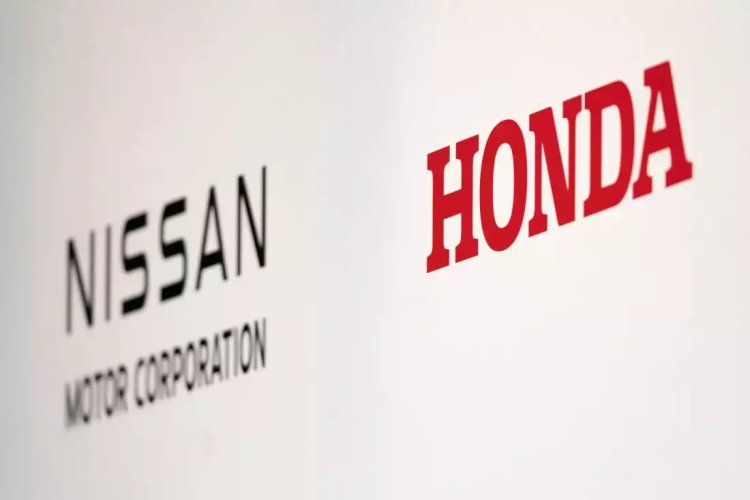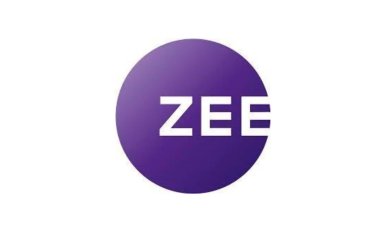Honda-Nissan Alliance Aims to Challenge China’s BYD Domination
Honda and Nissan plan a merger to rival China’s BYD, addressing declining sales and creating a stronger presence in the global auto market.

As China’s BYD Co. dominates the global auto market with an impressive 3.76 million vehicle sales in 2024, Japan’s struggling giants Honda Motor Co. and Nissan Motor Co. are exploring a potential merger to compete effectively. The move, announced by Honda earlier this week, outlines a plan to acquire Nissan, creating a unified front to rival China’s rising automakers.
BYD’s rise underscores the growing dominance of Chinese automakers in the global market. In comparison, Honda and Nissan’s sales figures lag significantly. Honda reported 3.43 million global sales for the first 11 months of 2024, while Nissan recorded just over 3 million.
Both automakers face declining fortunes in China, the world’s largest auto market, where they are losing ground to domestic competitors. Honda’s sales in China fell 28% in November year-on-year, while Nissan experienced a 15.1% drop during the same period. Local production also suffered, with Honda’s output slumping by 38% and Nissan’s by 26%.
The proposed Honda-Nissan alliance could provide the scale and resources necessary to challenge BYD’s dominance and strengthen their competitive edge globally. The collaboration might also help them pose a stronger challenge to Toyota Motor Corp., the world’s largest automaker, and Volkswagen AG.
If successful, the merger could address shared challenges such as falling demand for hybrid gasoline-electric vehicles in the US and intensified competition from Chinese electric vehicles (EVs) in Southeast Asia.
However, the merger comes with financial constraints. Honda’s recent ¥1.1 trillion (USD 7 billion) share buyback has raised concerns. S&P Global noted that such large-scale repurchases may hinder investments needed to bolster the company’s business foundation. The buyback represents 24% of Honda’s issued shares, with stocks closing up 0.8% after the announcement.
Honda and Nissan’s struggles mirror broader issues faced by Japanese automakers. Globally, Honda’s November sales fell 6.7% year-on-year to 324,504 units, while production plummeted 20.4%. Nissan’s sales dipped 1.3% to 278,763 vehicles, with production dropping by 14.3%.
Meanwhile, Toyota Motor Corp., despite holding its position as the world’s leading automaker, also faces challenges. Toyota’s global sales plateaued in November at 984,348 units, reflecting a 0.2% year-on-year decline. Production fell 9.4%, attributed to recalls, regulatory probes, and stiff competition in China and Southeast Asia.
Even with these setbacks, investors showed optimism, with Toyota’s shares rising 4.4% after reports of plans to double its return-on-equity target to 20%.
The Honda-Nissan merger represents a strategic pivot in the face of mounting challenges. If executed successfully, the alliance could rejuvenate both brands and create a formidable competitor in the electric vehicle (EV) and hybrid markets. As competition intensifies, this partnership could mark a turning point for Japanese automakers in their bid to regain market share and challenge BYD’s supremacy.

 Deepanjali
Deepanjali 










